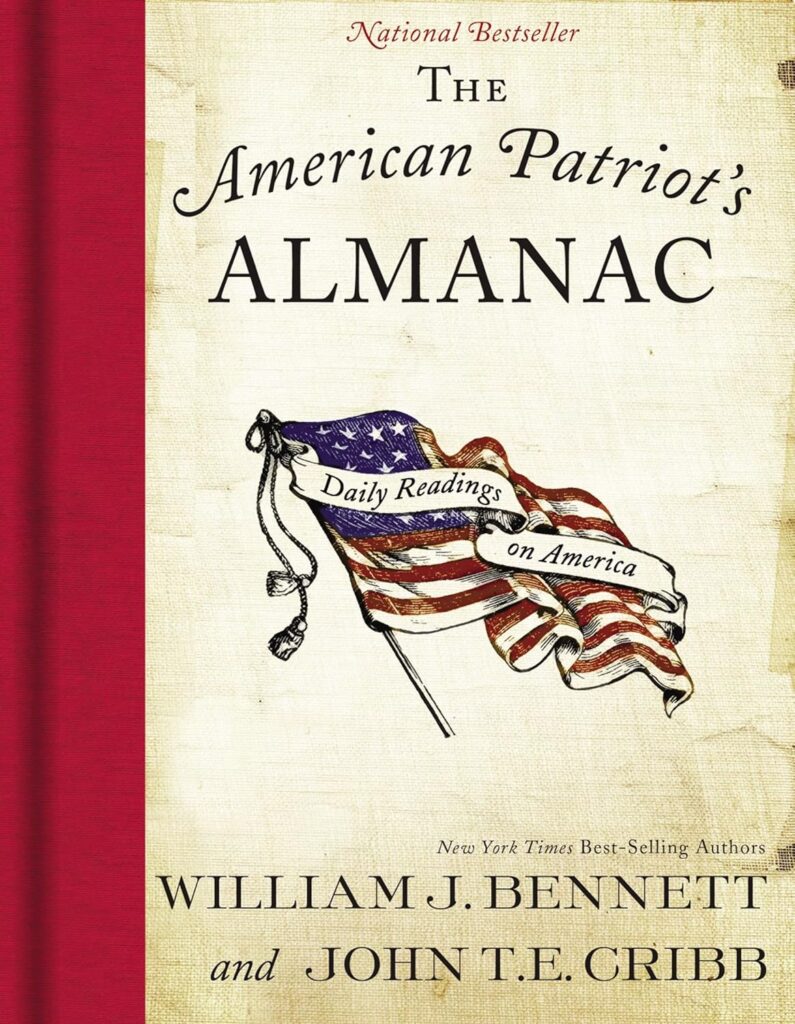“The whole effort started by mistake. Several days after the Japanese attack on Pearl Harbor, people in North Platte, Nebraska heard that their own Company D of the Nebraska National Guard would be passing through town on its way from an Arkansas training camp to the West Coast. A crowd gathered at the Union Pacific train station to greet the boys with cookies, candy, and small gifts. When the train arrived, it turned out it was transporting a Company D from Kansas, not Nebraska. After a moment of disappointment, someone in the crowd asked, ‘Well, what are we waiting for?’ And they began handing their gifts to the war-bound soldiers.
The next day Miss Rae Wilson wrote the North Platte Daily Bulletin to suggest that the town open a canteen to greet all troop trains stopping there. ‘Let’s do something and do it in a hurry!’ she wrote.
Beginning on Christmas Day 1941 and continuing through World War II, the town offered itself as the North Platte Canteen. For 365 days a year volunteers from the remote community of 12,000 and surrounding hamlets provided hot coffee, doughnuts, sandwiches, and encouragement for young soldiers passing through. Hundreds of families, churches, schools, businesses, and clubs pitched in to help raise money, buy supplies, and make food. They greeted every soldier on every train with gifts and good wishes. By April 1, 194 its last day, the North Platte Canteen had served more than 6 million GI’s.”
Taken from The American Patriot’s Almanac, compiled by William J. Bennett and John T.E. Cribb. Semicolon review here.
What small act of kindness or charity is God asking you to do today? Do it. Don’t delay or find excuses; just do it. Who knows how God may multiply your small effort?



 Lyrics: Unknown, of Cornish origin, 1400’s(?).
Lyrics: Unknown, of Cornish origin, 1400’s(?).
